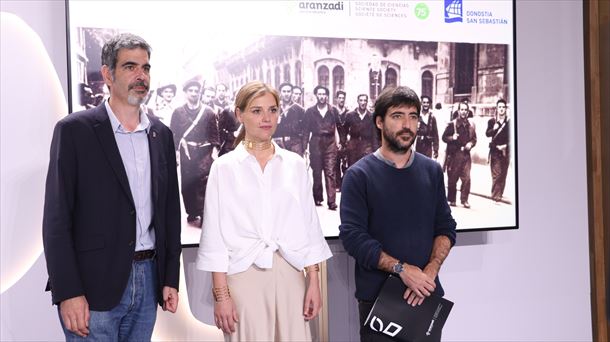In Russia, the judiciary can prosecute children as young as 14 if they are accused of serious crimes such as treason or terrorism.
Alexei Moskaliov was an ordinary father until the image of his daughter ruined his life. Masha, then twelve years old, painted an anti-war picture in April 2022. The drawing alerted the authorities. Moskaliov was arrested and sentenced to almost two years in prison. Masha was placed in an orphanage. Not an isolated case, but a symbol of the repression that also affects children and their families in Russia.
In Russia, children as young as 14 can be prosecuted if accused of serious crimes such as treason or terrorism. At least 23 minors have been charged since 2022. Their crimes range from leaflets criticizing the government to protests – often based on vague accusations such as ‘extremism’.
The persecution of minors has increased since the start of the war in Ukraine. Since 2022, more than 20,000 people have been arrested for anti-war statements. Young people are targeted because they are often less receptive to state propaganda. The government resorts to methods reminiscent of the Soviet era: indoctrination, threats and the systematic elimination of dissent. “They try to make children loyal from an early age, so that they do not doubt things,” explains political scientist Nina Khrushcheva.
Signal intended to deter
Their condemnation also serves as a signal intended to deter others. A state that suppresses critical voices. Even if it affects children.
Conditions in Russian youth prisons are terrible. Prisoners report violence, hunger and psychological pressure. Young people share cells with older prisoners who torture them or hold them in solitary confinement.
Threats against parents
Parents are also targets of repression. They are threatened, lose custody or face criminal charges themselves if they speak out publicly. The Moskaliov case shows how easily criticism of the system can lead to drastic consequences.
A particularly tragic case is 16-year-old Arseny Turbin. He was sentenced to five years in prison for allegedly joining a paramilitary unit. His mother protests his innocence. Arseny had distributed pamphlets criticizing the government and publicly expressing his views. “He’s just a kid,” his mother told CNN. Arseny’s case is an example of a system that knows no boundaries – even when it comes to children.
Source: Krone
I am Ida Scott, a journalist and content author with a passion for uncovering the truth. I have been writing professionally for Today Times Live since 2020 and specialize in political news. My career began when I was just 17; I had already developed a knack for research and an eye for detail which made me stand out from my peers.



